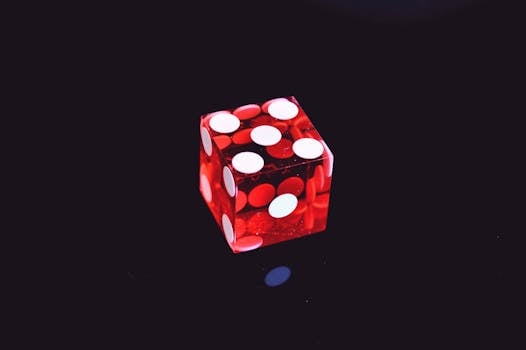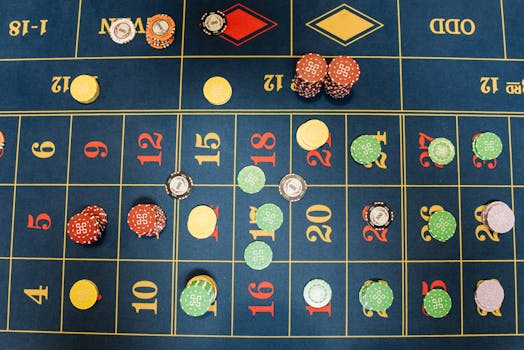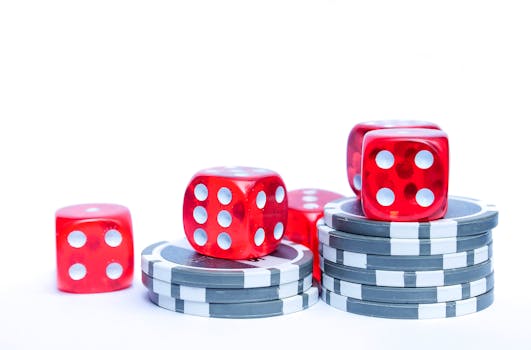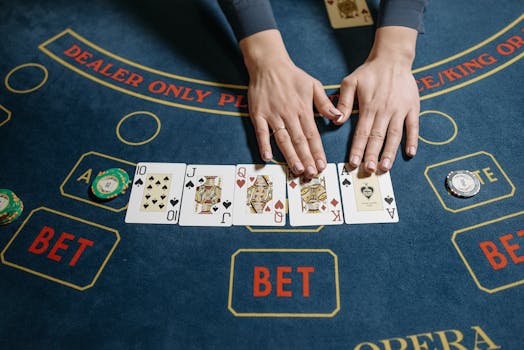How Casinos Manipulate the Odds
Introduction
Understanding how casinos manipulate the odds is crucial for anyone who enjoys gambling as a hobby or considers it a serious pursuit. Casinos are designed to be profitable entities, and their success relies heavily on mathematical advantages known as the "house edge." This article explores the various methods casinos use to ensure profitability through odds manipulation, providing insights into the mechanics behind your favorite casino games.
House Edge and Game Rules
Overview
One primary method by which casinos manipulate the odds is through the inherent house edge built into each game. The house edge is a percentage that represents the average gross profit the casino expects to make from each game.
Advantages
The advantage of this system for casinos is clear: it guarantees long-term profitability, ensuring that while players may win in the short term, the casino profits in the long run.
Disadvantages
For players, the disadvantage is that the odds are stacked against them from the start. No matter the strategy, the house edge cannot be completely eliminated.
Practical Examples
In games like blackjack, the house edge is about 1% when played with basic strategy. However, this can increase with other variations of rules or poor player decisions. Roulette, particularly American roulette, has a higher house edge due to the double zeros, standing at around 5.26%.
Slot Machines and Payout Rates
Overview
Slot machines are another area where casinos manage odds. Each slot machine has a programmed payout rate, which is the percentage of money that the machine is programmed to pay back to players over time.
Advantages
The advantage for casinos is that they can adjust the payout rates to ensure profitability. Higher rates attract players but can be balanced with a larger volume of machines or higher house takes on other games.
Disadvantages
The main disadvantage for players is that these payout rates are not usually disclosed, and they can vary widely between different machines and casinos, often leading to inconsistent player experiences.
Practical Examples
For example, a slot machine with a 90% payout rate will return 90 cents on every dollar over a long period. However, the randomness of slot machine payouts means that short-term results can vary dramatically.
Complimentary Perks (Comps)
Overview
Casinos also manipulate odds indirectly through the use of comps, which are complimentary perks given to frequent gamblers, such as free hotel stays, meals, and other incentives.
Advantages
The strategic advantage for casinos is clear: by rewarding frequent players, they encourage more gambling. Players feel valued and may overlook the unfavorable odds.
Disadvantages
The disadvantage is that players might gamble more than they originally planned, influenced by the perceived value of comps, which could lead to higher overall losses.
Practical Examples
A player might continue playing longer than planned to achieve a higher tier status or earn a comp, often resulting in greater overall spending at the casino.
Psychological Tactics
Overview
Casinos also use various psychological tactics to manipulate odds. These can include the strategic placement of games, the casino layout, lack of windows and clocks, and even the specific atmospheres created through sounds and lights.
Advantages
These manipulations benefit casinos by creating an environment where time is forgotten and spending is encouraged.
Disadvantages
For the player, the disadvantage lies in the potential to lose track of both time and spending, leading to decisions that favor the house.
Practical Examples
The bright flashing lights and celebratory sounds that echo through a casino when someone wins big at slots are designed to entice other players to keep playing.
Conclusion
In conclusion, casinos use a variety of methods to manipulate the odds in their favor. From the mathematical certainty of the house edge to the psychological influence of casino atmospheres, these strategies are designed to maximize profitability. While gambling should always be approached as paying for entertainment rather than an income source, understanding these mechanisms helps gamblers make informed decisions. Remember, the house always has the advantage, and every game is designed to lead to a profit for the casino. So, gamble responsibly, know the odds, and enjoy your time at the casino as a form of recreation.
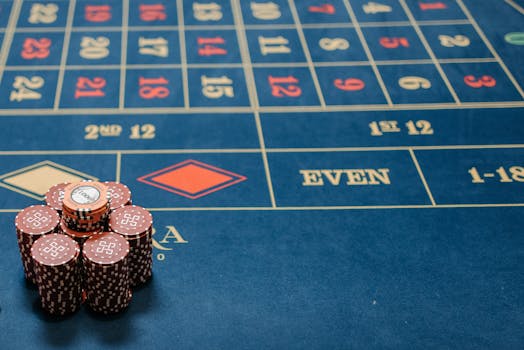
.png)
